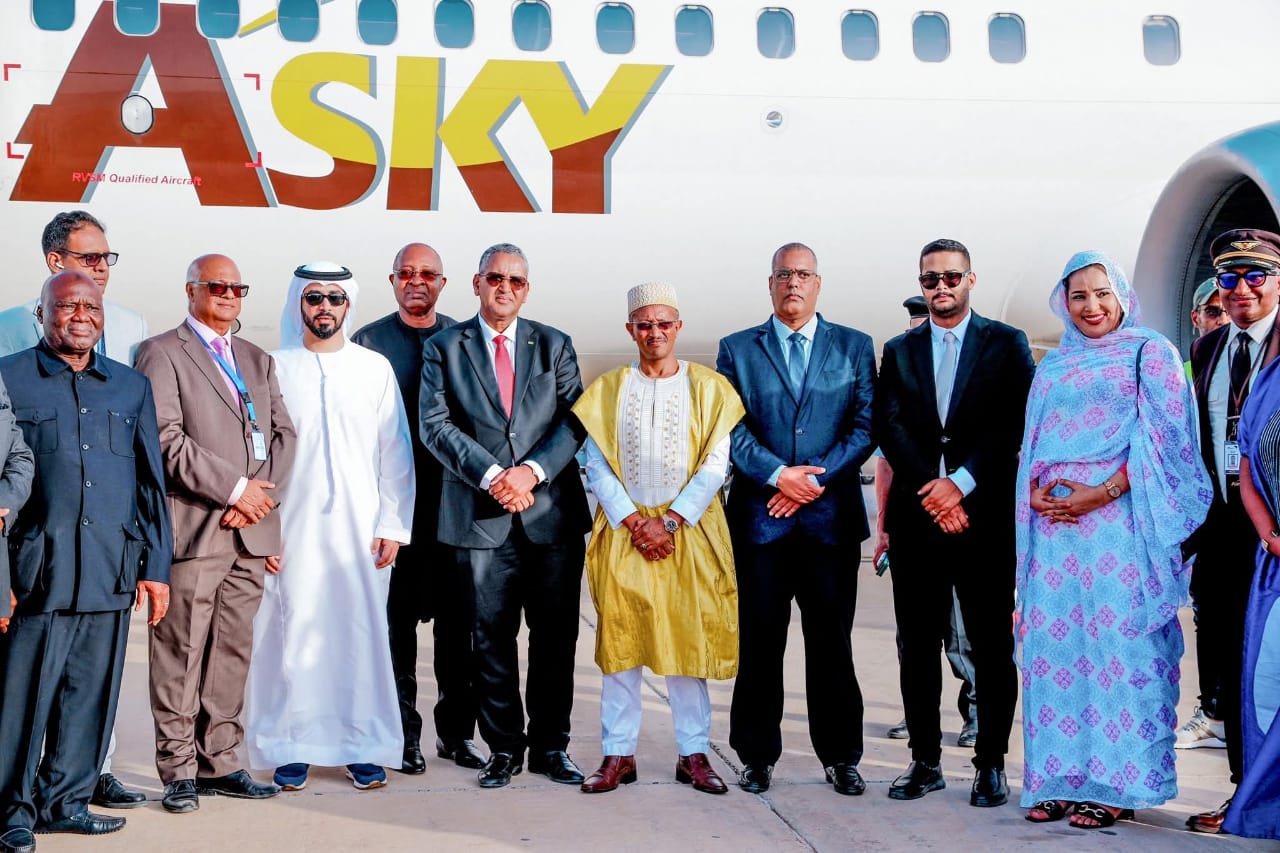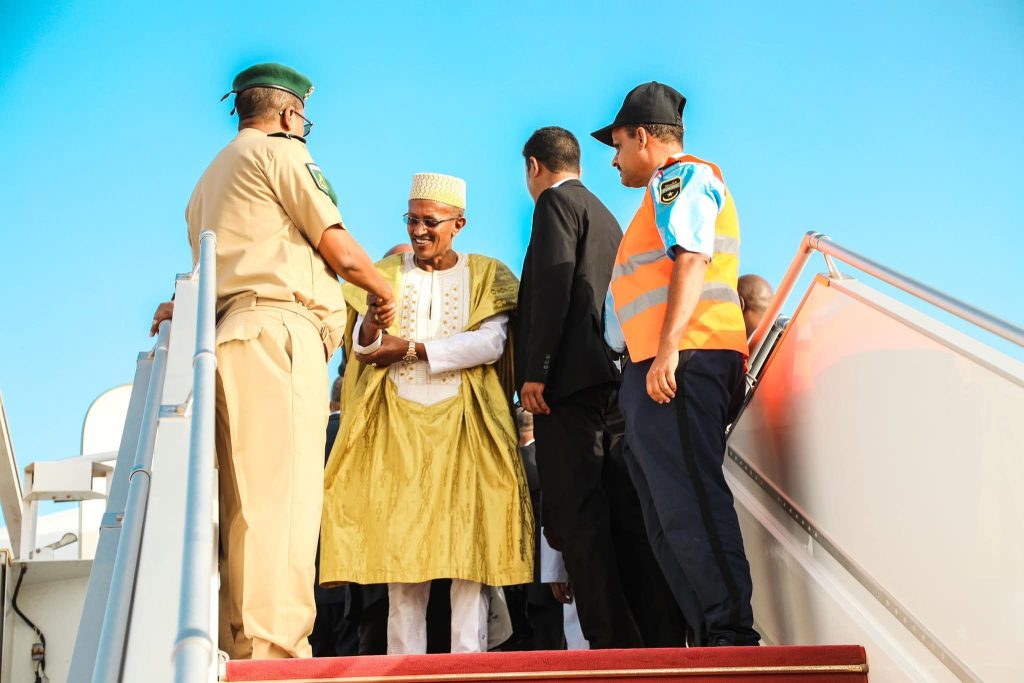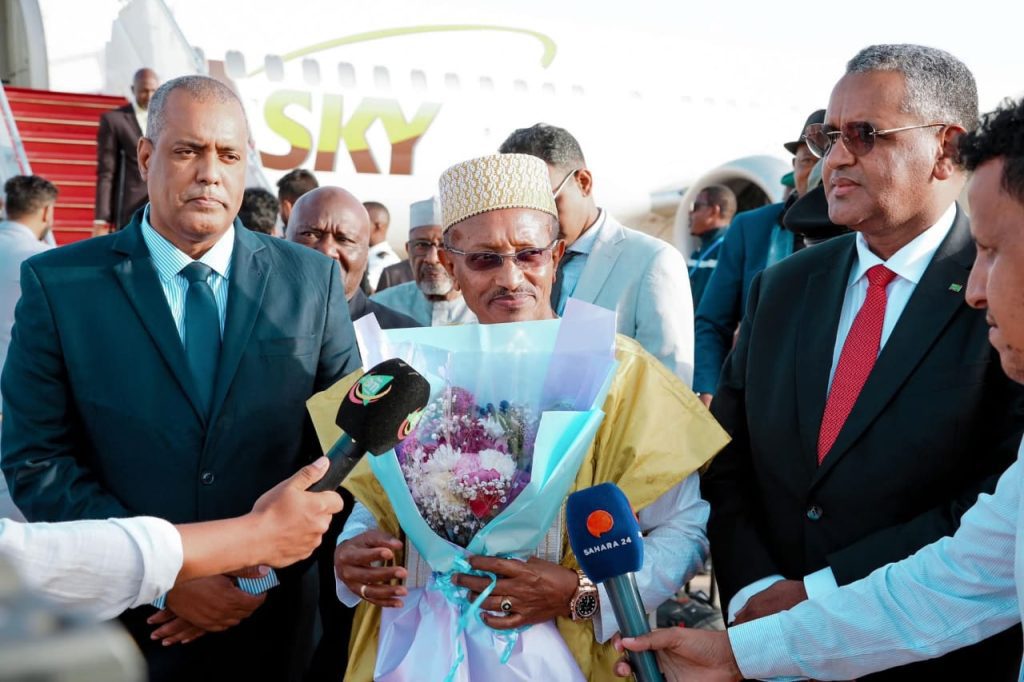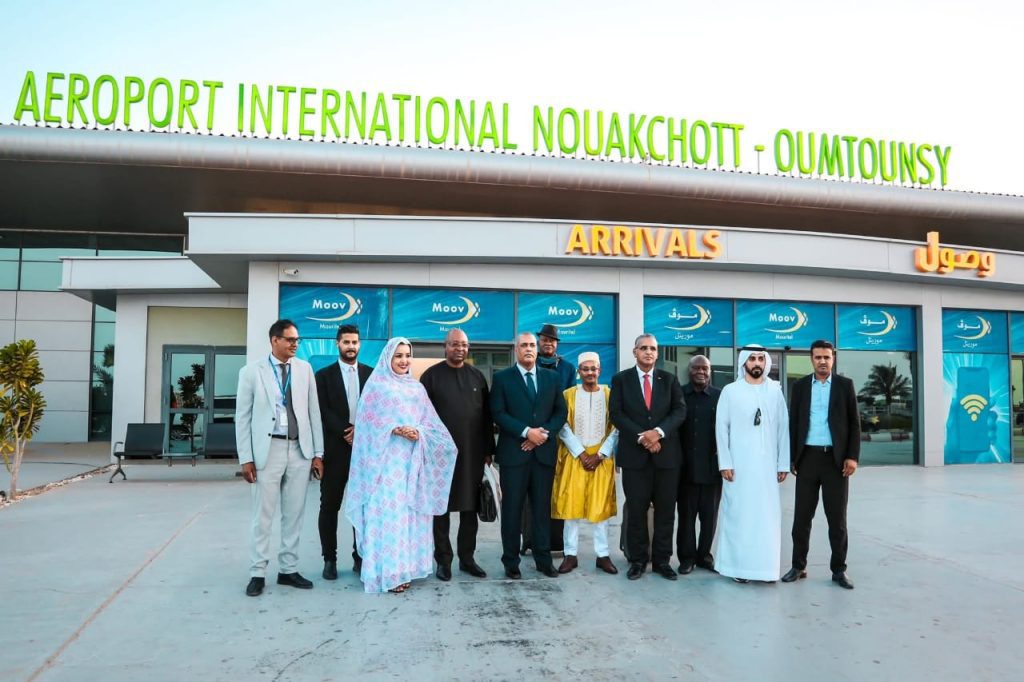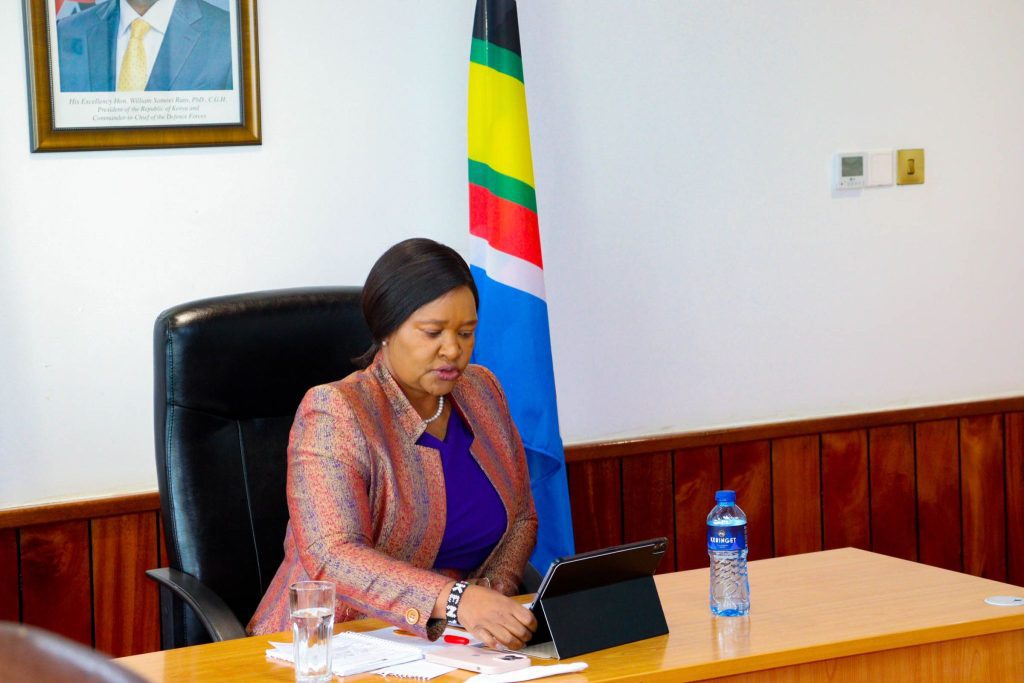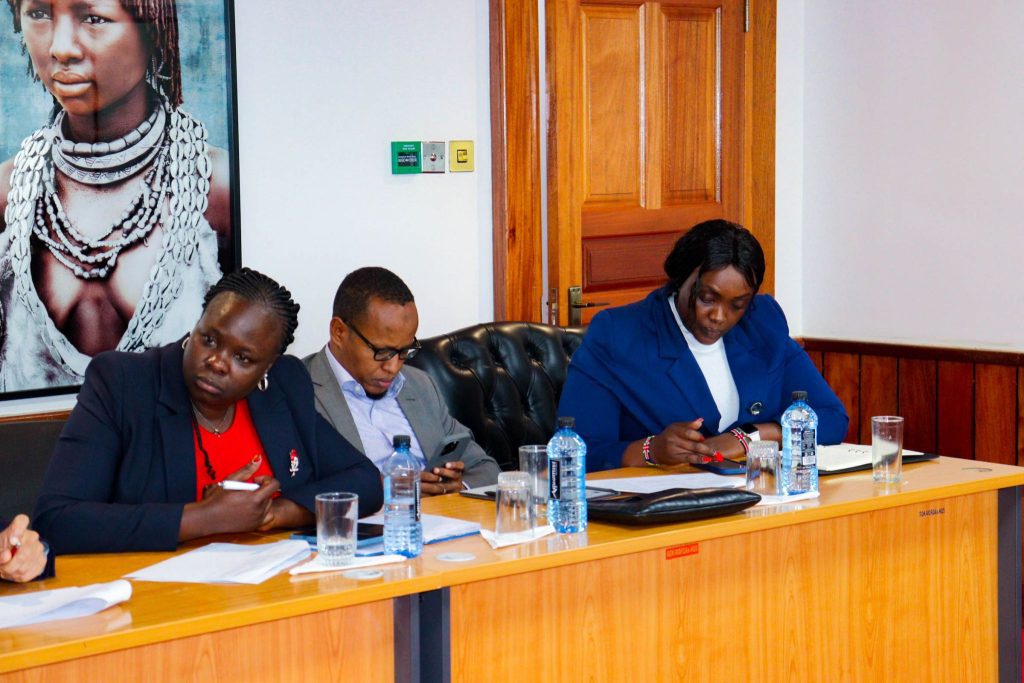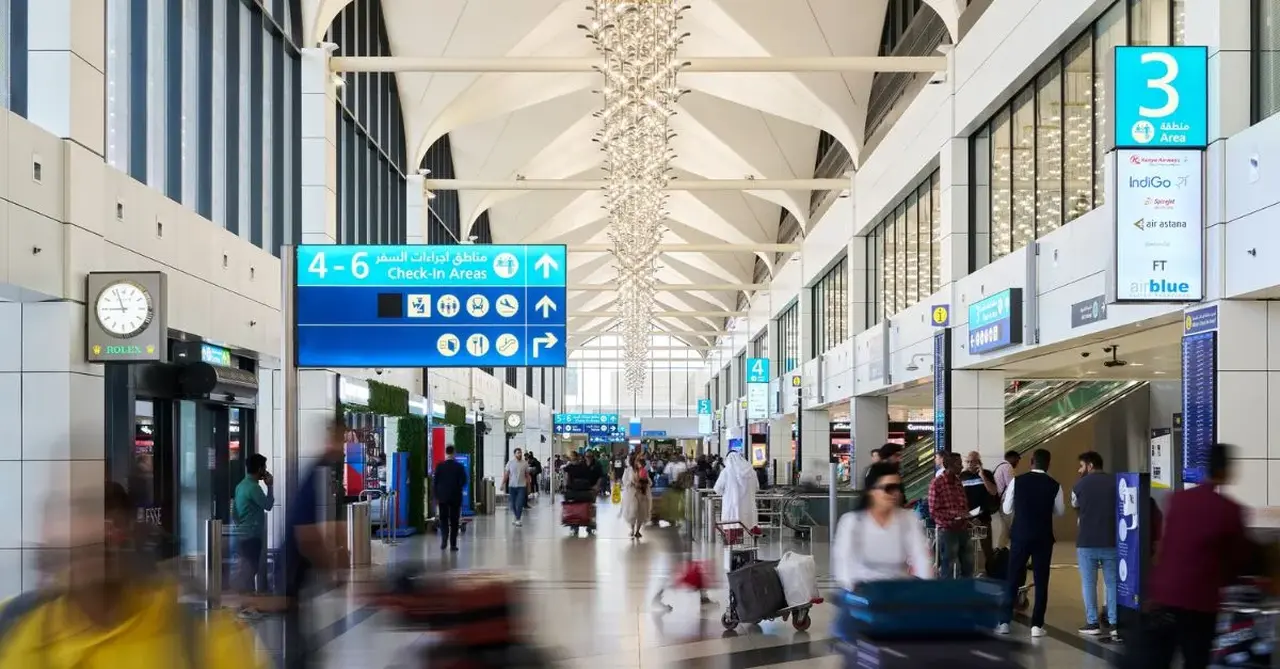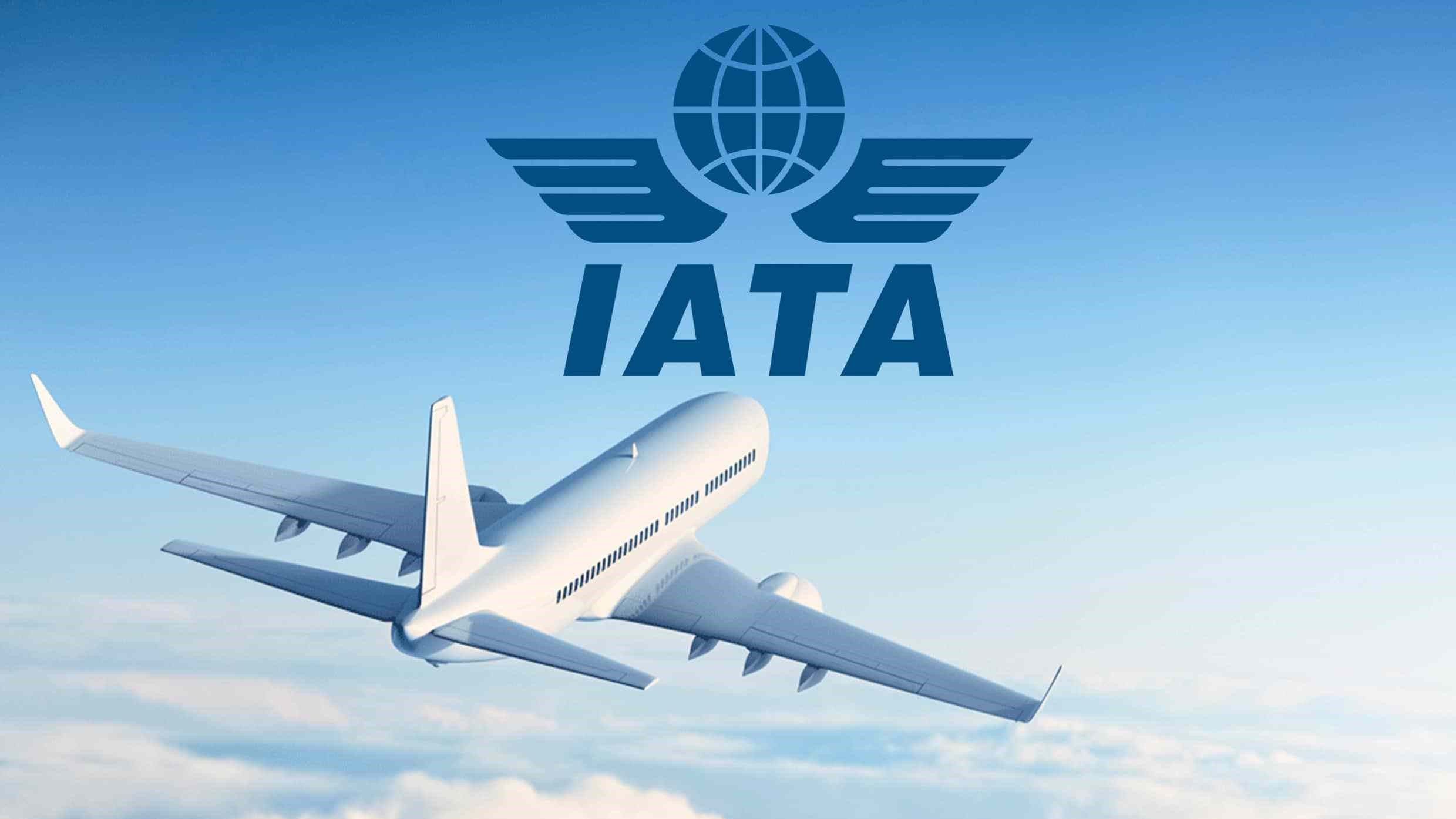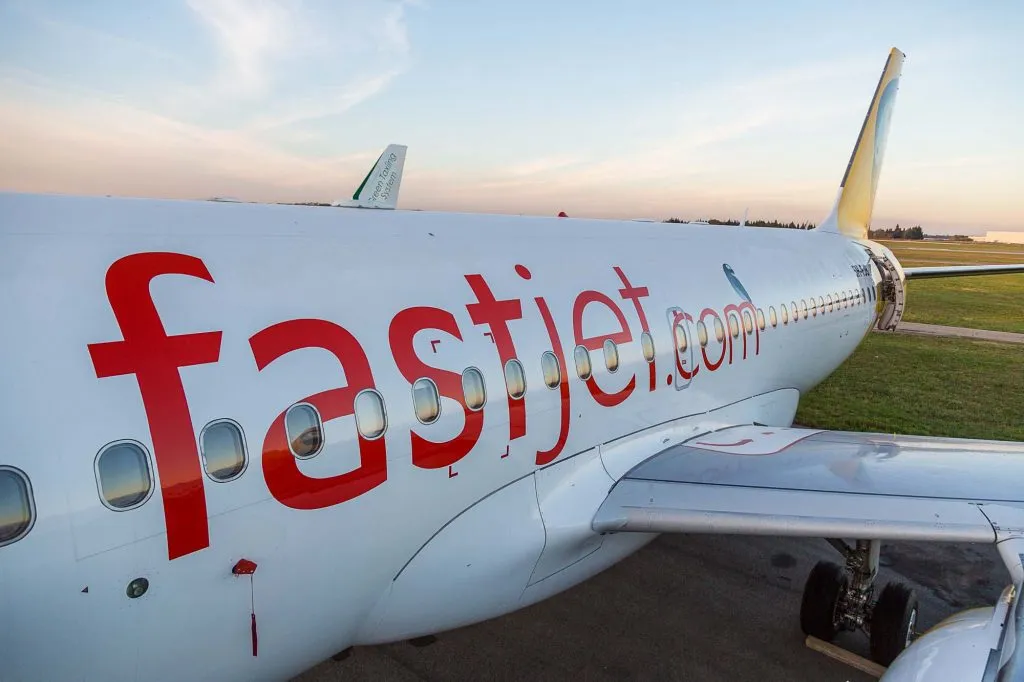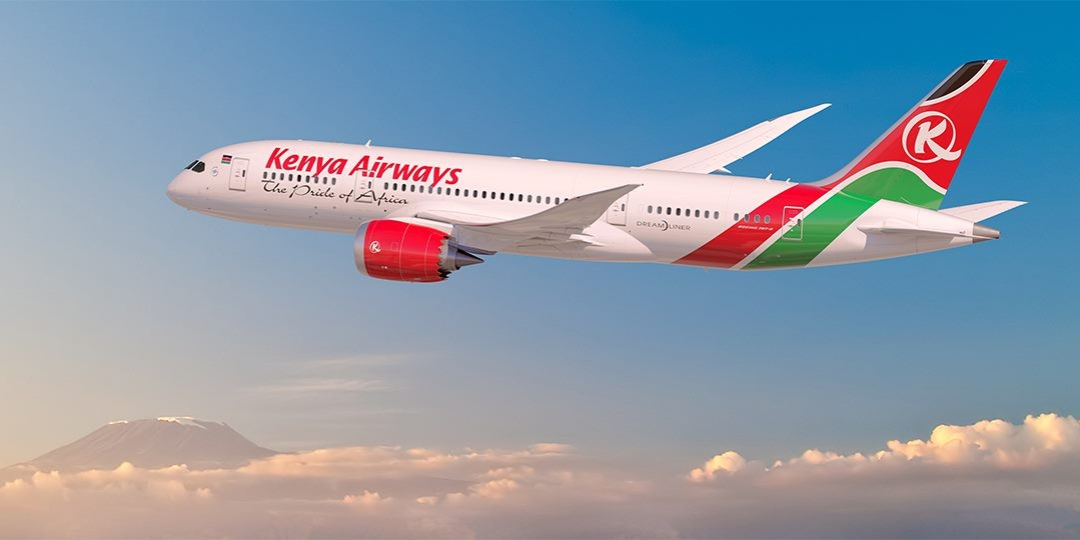In the late afternoon of Thursday, 7th August 2025, catastrophe struck Mwihoko, a residential area in Nairobi. A Casette citation flight by AMREF flying doctors air ambulance service crashed after taking off from Wilson Airport. The aircraft, registered as 5Y-FDM was headed to Hargeisa, Somalia on a medical emergency mission. The crash killed six and injured two others.
Incident Details and Casualties
The AMREF plane, a critical air ambulance service, was carrying two crew members and two medical personnel. Within minutes of takeoff, the aircraft lost both radar and radio communication with Air Traffic Control. The plane crashed into a house in the Mwihoko area, which is part of Kiambu County, a region that borders Nairobi. The impact was severe, and reports indicated that a loud bang followed by a fireball and thick smoke were visible from the crash site.
Among the casualties, four people aboard the plane died, including the two medical staff and two crew members. Tragically, two residents in the house struck by the plane were also confirmed dead. Two additional individuals on the ground suffered injuries and were promptly taken to a nearby hospital for medical attention.
Emergency Response and Investigations
In the aftermath of the crash, several key agencies were swiftly involved in the emergency response efforts. The Kenya Civil Aviation Authority (KCAA), led by Director-General Emile Arao, confirmed the loss of communication with the aircraft just three minutes after takeoff. A team from KCAA’s Air Accident Investigation Department was dispatched to the scene to investigate the cause of the crash. The Kenya Airports Authority (KAA) and Ministry of Transport also joined the response, working closely with aviation authorities.
Security forces, including the Kenya Defence Forces (KDF) and the National Police Service, were among the first on the scene, securing the area, assisting with rescue efforts, and managing the crowd of onlookers. The Kenya Red Cross was also present, providing essential emergency assistance to those affected.
AMREF’s Statement and Focus on Safety
AMREF Flying Doctors, the organization behind the aircraft, expressed its deepest condolences and stated that they are fully cooperating with authorities to uncover the cause of the incident. AMREF’s CEO, Stephen Gitau, emphasized that the immediate priority was supporting the families of those involved and ensuring their safety and well-being during this difficult time.
AMREF, which operates a fleet of air ambulances, is known for providing emergency medical services across East Africa. The company reassured the public that their ongoing commitment to safety remains unwavering, and they are working closely with the relevant authorities to determine the factors that led to this tragedy.
What Travellers Can Learn from This Incident
While the crash of AMREF’s air ambulance is a rare and unfortunate event, it serves as a reminder of the importance of safety measures within the aviation industry. The incident highlights the need for robust communication systems, rigorous training, and comprehensive safety protocols for both airline operators and passengers.
For travelers, particularly those using air ambulance services or flying on small aircraft, it is essential to consider the following safety precautions:
- Pre-flight Safety Checks: Ensure that the airline or service provider conducts regular safety checks and maintenance on their aircraft. Passengers should also be aware of the safety measures implemented by the service provider, especially in the case of medical air ambulances.
- Communication Protocols: It’s crucial to be informed about the communication systems of the aircraft you are flying on. AMREF’s case highlights the risks posed by sudden loss of communication between the aircraft and air traffic control.
- Monitoring Weather Conditions: Adverse weather conditions can contribute to aviation accidents. Travelers should check weather reports and, if possible, inquire about flight conditions before embarking on their journey.
- Emergency Response and Preparedness: Understand the emergency response capabilities of your service provider. A strong system for handling unexpected situations, such as aircraft malfunctions or accidents, is crucial for traveler safety.
- Insurance Coverage: Always ensure that travel insurance covers emergencies, including air ambulance services. This not only offers peace of mind but also guarantees support in case of unforeseen accidents or cancellations.
Measures to Improve Aviation Safety
In light of the crash, authorities have emphasized the need for stringent safety measures to prevent similar accidents in the future. Several steps are expected to be taken by the relevant aviation authorities:
- Stricter Maintenance and Safety Audits: Aviation bodies will likely enforce even more thorough inspections and audits of air ambulance operators, focusing on the safety, maintenance, and operational standards of aircraft.
- Enhanced Air Traffic Control Systems: The loss of communication with the aircraft so soon after takeoff has underscored the need for more reliable communication systems between aircraft and air traffic control.
- Improved Pilot and Crew Training: Continuous training for pilots and crew members will be a priority to ensure they are equipped to handle emergency situations efficiently.
- Comprehensive Investigations: The ongoing investigation will seek to determine the exact cause of the crash, with findings aimed at improving safety protocols across the aviation industry.
Conclusion
The recent AMREF Flying Doctors crash in Mwihoko has brought sorrow to many homes. As investigators piece together what happened, we’re reminded how vital it is to treat air travel safety with the highest care. Anyone needing an air ambulance should always vet the service carefully, double-check their safety checks, and know what the final plans are before the plane lifts off.
The whole aviation circle regulators, pilots, ground crews, and firms like AMREF needs to join forces and strengthen every safety step. Accidents like this can only be prevented by constant teamwork and improvement. To all those who have lost someone in this disaster, we offer our deepest condolences and support as you face this heartbreaking loss.
Source; TravelAndTourWorld


